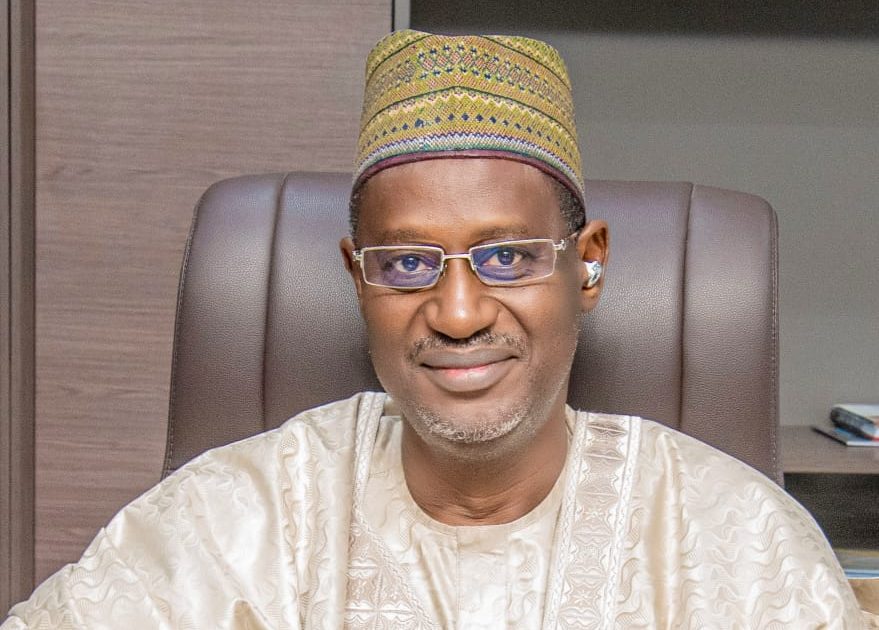The Federal Government of Nigeria has made significant commitments to engage and support its youth in shaping the future of urban environments across the country. This initiative was prominently showcased during the recent 2024 Urban October event held to celebrate World Cities Day, where the theme focused on “Youth Leading Climate Action for Cities.” The Minister for Housing and Urban Development, Ahmed Dangiwa, articulated the importance of youth involvement in addressing the pressing issues of rapid urbanization and climate change. He acknowledged that today’s young people are not solely future leaders; they are active contributors to sustainable urbanization by introducing innovative solutions and advocating for necessary changes in urban policy.
In his address, Dangiwa asserted the government’s determination to integrate youth perspectives into urban planning processes. He underscored the need for creating environments where the voices of young individuals are recognized and where their ideas can influence decision-making. The government’s strategic vision includes promoting access to affordable housing, especially for lower-income families, a goal pursued through the establishment of a National Social Housing Fund aimed at empowering youth and ensuring a more inclusive urban development strategy. He termed the involvement of the youth as essential, given their potential to bring about transformative changes in urban settings.
The event served as a platform for various stakeholders to discuss collaborative strategies for youth engagement in urban development. Marcus Ogunbiyi, the Permanent Secretary of the Ministry of Housing and Urban Development, echoed Dangiwa’s sentiments, emphasizing the importance of involving young people in dialogues about their cities. Ogunbiyi argued that youth have unique insights and aspirations that are crucial for shaping urban landscapes that meet both current and future needs. His remarks highlighted the necessity for a collective effort among government officials, urban planners, and the youth themselves to ensure that urban policies resonate with the desires and needs of younger generations.
Abdulmumin Jibrin, Chairman of the House of Representatives Committee on Housing, further reinforced the significance of including youth in discussions regarding urban development. He expressed unambiguous support for initiatives aimed at enhancing youth participation and indicated the readiness of legislative bodies to back programs that facilitate this engagement. Jibrin’s commitment underscored a broader recognition among Nigerian leaders of the value that young people bring to urban planning and policy-making, challenging traditional notions that often overlook the contributions of younger demographics.
In summary, the discussions held during the Urban October event underscore a growing acknowledgment within the Nigerian government of the critical role of youth in fostering sustainable urban environments. By pledging to support initiatives that validate and incorporate young people’s contributions, the government aims to ensure that urbanization and climate action are tackled holistically and inclusively. The establishment of frameworks such as the National Social Housing Fund exemplifies practical steps being taken to address the urgent need for affordable housing while simultaneously promoting engagement among the youth in urban development.
Overall, these collaborative efforts signify a promising advancement toward prioritizing the voices of the younger generation in Nigeria’s urban planning. By recognizing youth not just as future stakeholders but as active participants in shaping their cities, the government is paving the way for innovative solutions to the challenges of urbanization and climate change. The ongoing commitment expressed by multiple governmental entities showcases a united front in ensuring that Nigeria’s urban future is both sustainable and reflective of the aspirations of its younger population.














